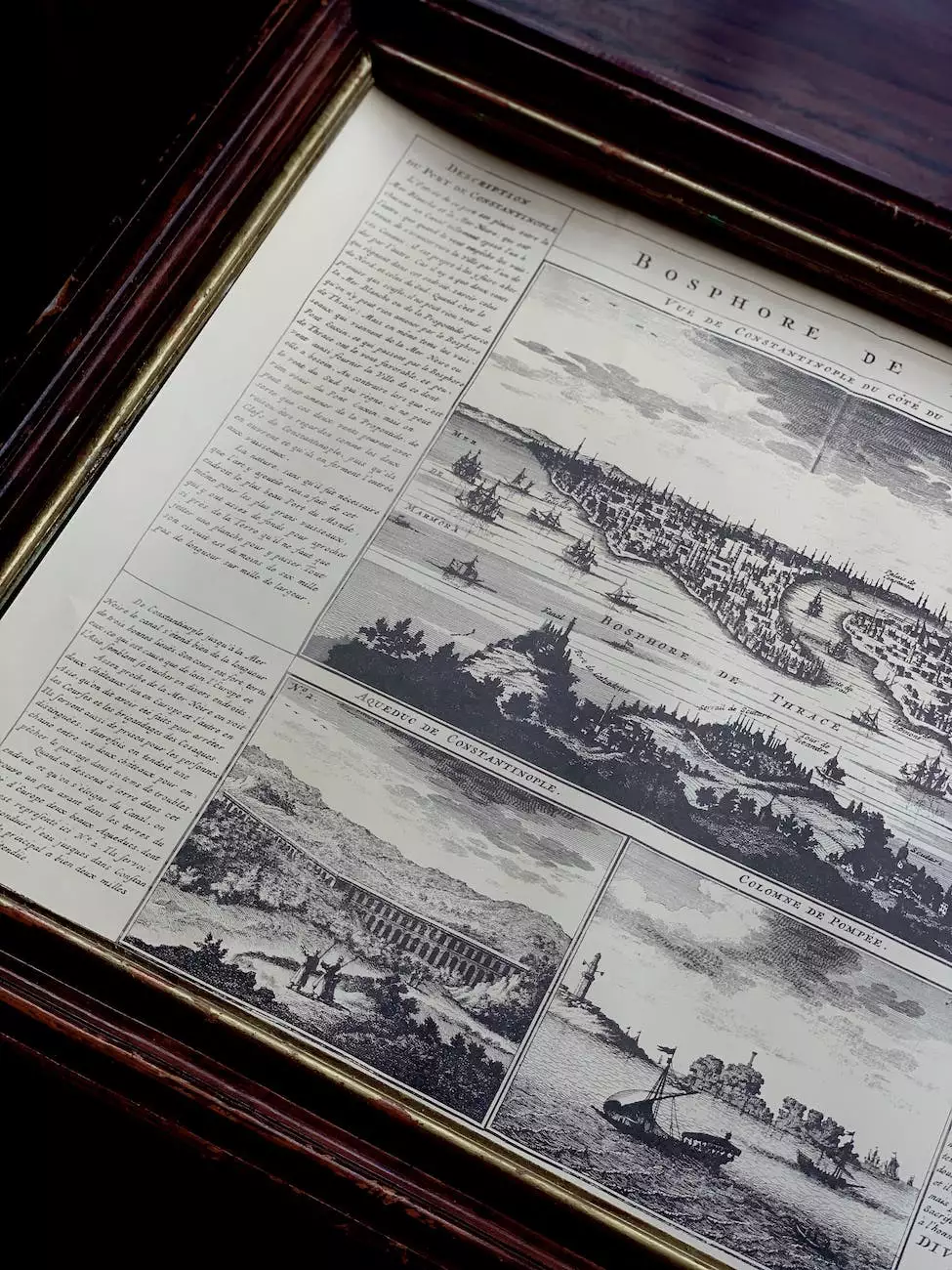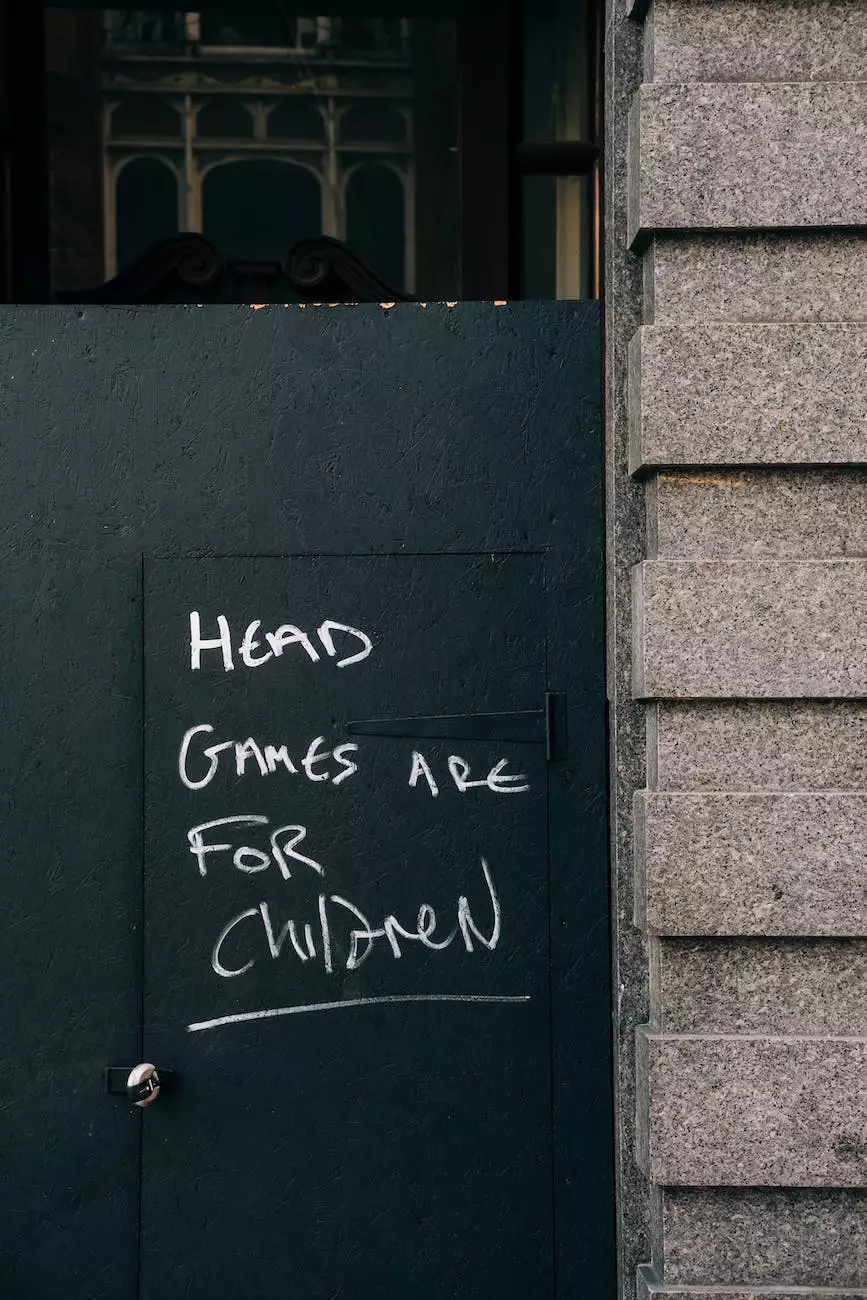English Lesson & Quiz: In spite of, despite, although, even though
English Grammar Lessons
Introduction to the Usage of In spite of, despite, although, and even though
Developing a strong command over the English language is essential for effective communication in today's globalized world. One of the key aspects of mastering English is understanding the usage of different conjunctions and prepositions. In this comprehensive lesson provided by NJCLT, we will delve into the nuances and correct usage of "in spite of," "despite," "although," and "even though."
Understanding the Differences
While these four terms may seem similar, they have specific contexts and are used to express different ideas within a sentence.
In spite of
"In spite of" is used to introduce a contrast or contradiction while emphasizing the continuation of an action, condition, or state. It highlights that something happened despite an obstacle or circumstance that would typically prevent it.
Despite
Similar to "in spite of," "despite" is used when there is an unexpected outcome or result. It shows that an action or situation occurred even if there were factors that could have hindered it.
Although
"Although" is used to introduce a subordinate clause that indicates a contrast or concession. It suggests that there is an unexpected or contrasting element in the sentence, often expressing a counterpoint to the main idea.
Even though
"Even though" is synonymous with "although" and is used to introduce a subordinate clause expressing a contrast or concession. It emphasizes that despite a particular condition or circumstance, something is still true or occurred.
Examples of Usage
Let's explore some examples to gain a better understanding of how these terms are used:
Example 1:
"In spite of the rain, the soccer match continued."
The sentence indicates that despite the unfavorable weather condition (rain), the soccer match proceeded without interruption.
Example 2:
"Despite feeling tired, she managed to complete the marathon."
Here, the sentence implies that even though she was tired, she successfully finished the marathon.
Example 3:
"Although it was late, he decided to call his friend."
In this sentence, the word "although" introduces a contrast between the late hour and the person's decision to make a phone call.
Example 4:
"Even though he had studied diligently, he still struggled with the exam."
This example highlights the contrast between the effort put into studying and the difficulties faced during the exam.
Quiz: Test Your Understanding
Now that you have familiarized yourself with the usage of "in spite of," "despite," "although," and "even though," it's time to put your knowledge to the test. Take our quiz below and assess your understanding of these conjunctions.
Quiz Instructions:
- Read the given sentence carefully.
- Select the most appropriate conjunction for the sentence from the options provided.
- Choose only one answer for each question.
- Click on the "Submit" button to receive your quiz score and feedback.
- Enjoy the quiz!
Conclusion
Congratulations! You have successfully completed NJCLT's comprehensive English lesson on using "in spite of," "despite," "although," and "even though." By mastering the correct usage of these conjunctions, you will elevate your language skills and enhance your ability to express contrasting ideas effectively. Remember to continue practicing and applying your knowledge in real-life scenarios to become a confident English speaker and writer.










